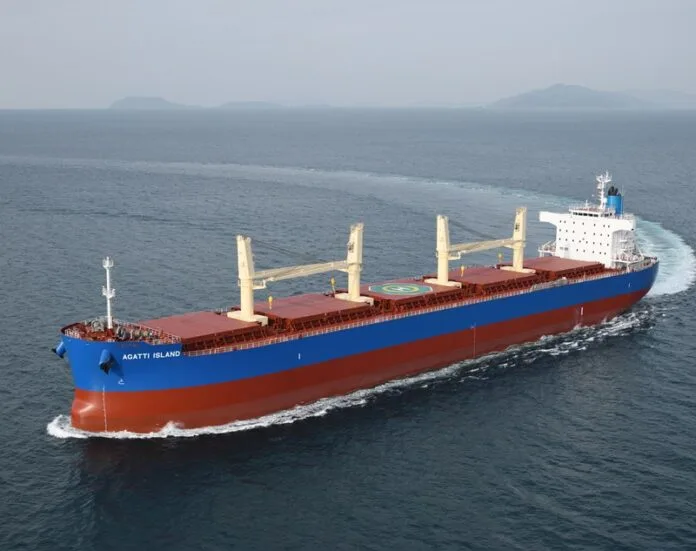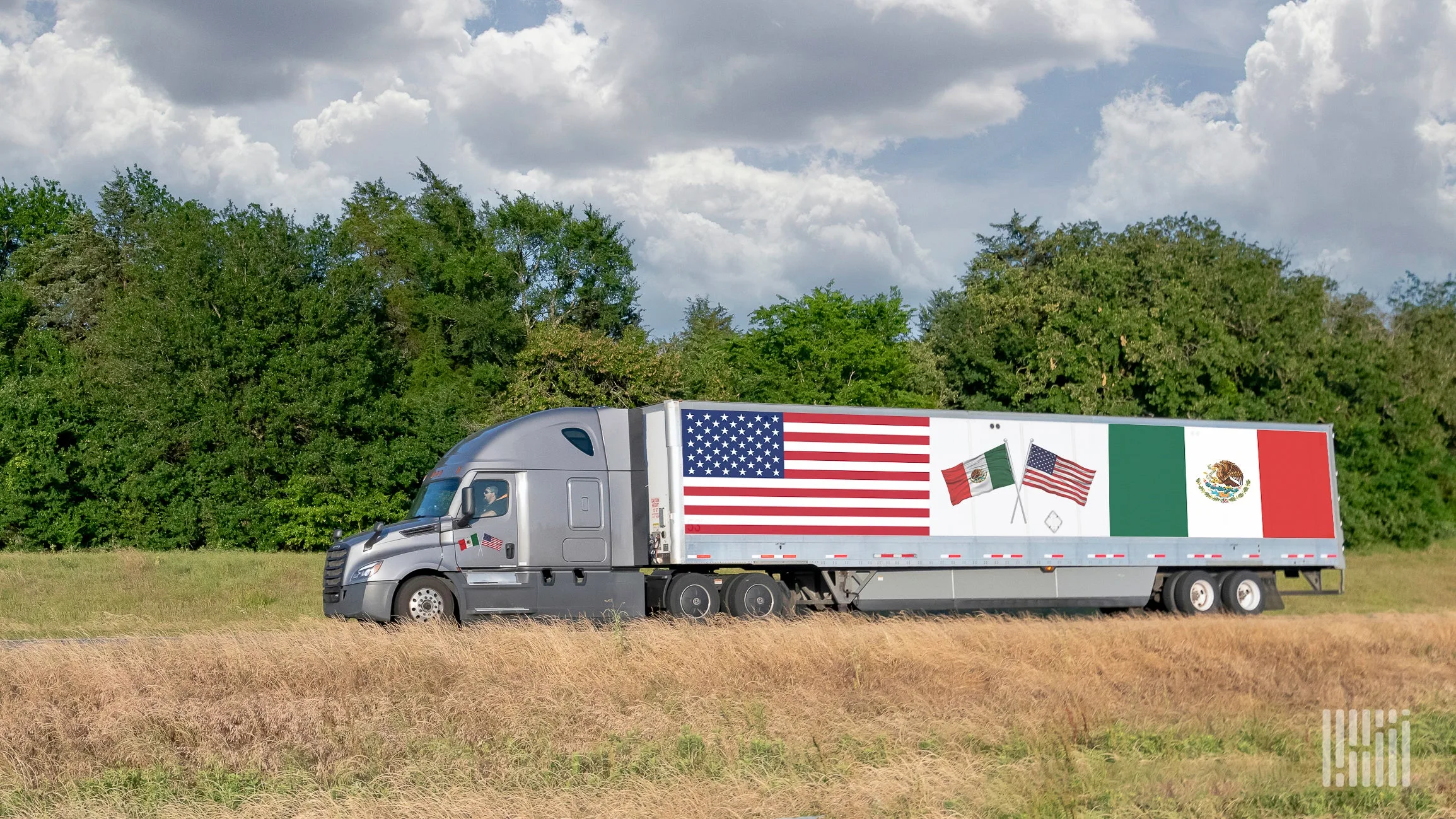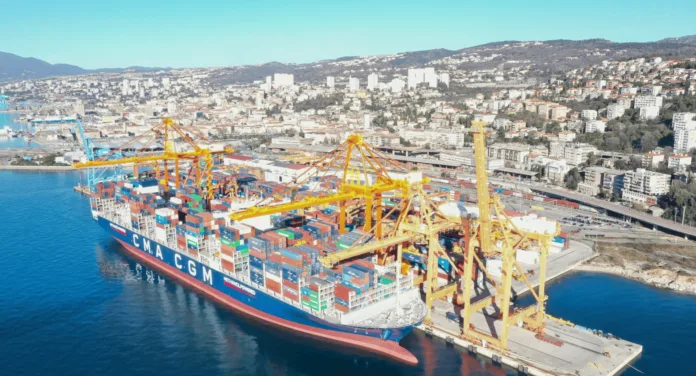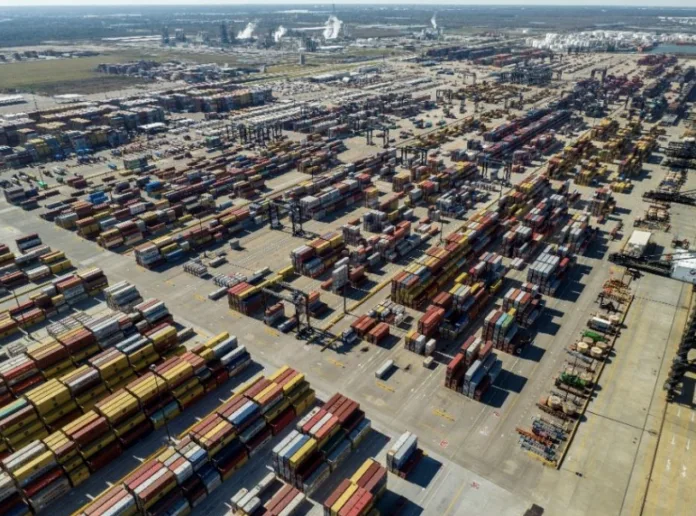
E-commerce retailers using programs like Amazon FBA or Walmart Fulfillment Services face mounting logistics challenges that can make or break their success. From rigid delivery windows to seasonal inventory fluctuations, these sellers must navigate a complex shipping environment while maintaining tight margins. In this high-stakes arena, innovative freight solutions like Shared Truckload (STL) are emerging as critical differentiators for brands seeking a competitive edge.
Challenges for e-commerce sellers and scaling brands
E-commerce sellers operate under considerable pressure. Missing delivery windows trigger costly penalties, while unpredictable shipment volumes due to seasonality or sudden growth spurts create ongoing logistical headaches. Many sellers find themselves trapped in a difficult balancing act: maintaining optimal inventory levels without incurring prohibitive storage and transportation costs.
Traditional shipping options present drawbacks. Less-than-truckload (LTL) shipping typically involves multiple transfers and cross-docking, resulting in extended transit times, increased damage risk and poor visibility. Meanwhile, full truckload shipping often means paying for unused space, an expensive proposition for shipments that don’t require an entire truck.
These limitations become especially problematic for rapidly growing brands. When scaling operations, flexible logistics options become paramount. Conventional shipping methods often fall short of meeting these evolving needs.
Key benefits of Shared Truckload
Shared Truckload offers a middle path that addresses many of these challenges. By allowing multiple shippers to share truck space while maintaining direct point-to-point delivery, STL provides several distinct advantages for e-commerce sellers.
Reliability is perhaps the most significant benefit. With fewer handoffs and direct routing to distribution centers, STL dramatically reduces the risk of missed delivery windows. This reliability translates into fewer compliance issues and penalties from big box retailers.
Speed represents another crucial advantage. By eliminating the cross-docking and terminal transfers typical of LTL shipping, STL significantly reduces transit times. For e-commerce sellers, faster deliveries mean more responsive inventory management and better ability to capitalize on market opportunities.
This enhanced freight velocity enables sellers to maintain lower inventory levels, reducing storage costs and improving cash flow. This benefit is particularly valuable amidst stringent storage limitations and fees.
Cost efficiency stands out as a key STL advantage. Shippers only pay for the space they actually need, creating an adaptable solution that works well whether volumes are surging or contracting. This flexibility provides a major advantage over the fixed costs associated with full truckload shipping.
Finally, damage reduction represents a significant but often overlooked benefit. With fewer transfers and less handling, the risk of product damage decreases substantially, preserving brand reputation and eliminating costly returns or replacements.
What is Shared Truckload freight brokerage?
Flock Freight has established itself as the largest Shared Truckload freight brokerage in the United States. The company’s approach leverages AI-powered pooling technology to match thousands of shipments within their network, creating optimized Shared Truckloads with 2-4 shipments that travel directly to their destinations without terminal or cross-dock stops.
Unlike traditional LTL, which routes freight through a hub-and-spoke network with multiple transfers, STL keeps shipments on a single truck from pickup to delivery. And unlike full truckload shipping, which requires paying for an entire truck regardless of how much space is used, STL allows shippers to pay only for the space their freight occupies.
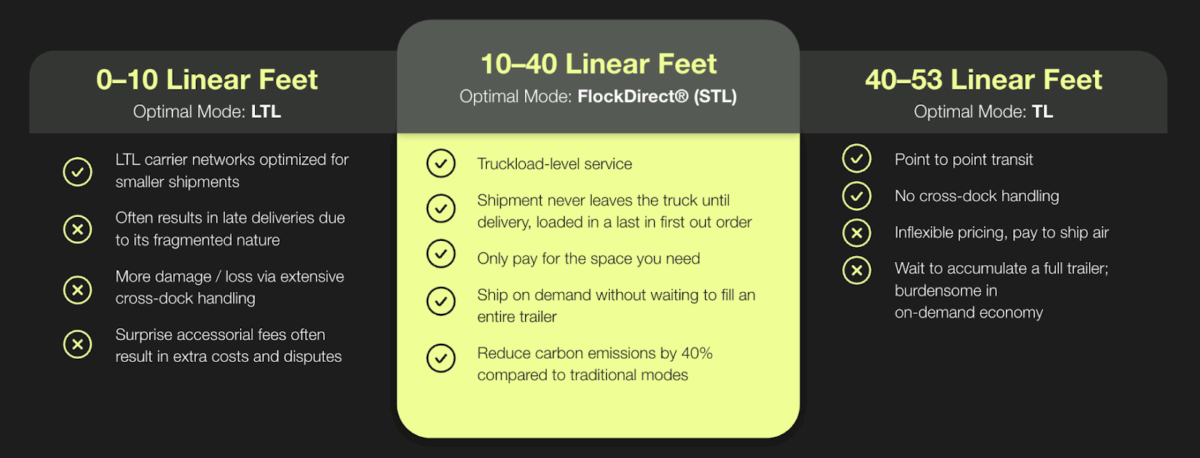
Chart: Side-by-side comparison of STL vs. FTL vs. LTL
How Shared Truckload enables rapid brand growth
For scaling brands, especially those experiencing fluctuating demand or rapid growth, STL provides a uniquely advantageous shipping solution. Rather than waiting to accumulate enough inventory to fill an entire truck, brands can ship mid-sized loads quickly and efficiently.
This capability proves particularly valuable during growth phases, when fast and reliable replenishment becomes essential to maintaining momentum. As brands transition from small batch shipping to high-volume e-commerce integration, STL offers the scalability and flexibility needed to support this evolution.
Furthermore, STL’s adaptability makes it well-suited for brands expanding into additional channels such as direct-to-consumer (DTC) or traditional retail. This versatility allows growing brands to diversify their sales channels without creating unmanageable logistics complexity.
CGK Linens: A success story
CGK Linens, a top-100 Amazon FBA brand in the home goods industry, exemplifies the transformative impact of Shared Truckload shipping. By partnering with Flock Freight, CGK has achieved remarkable improvements across its transportation program.
The most immediate benefit was speed. Switching to STL resulted in transit times that were over 25% faster than when they previously shipped LTL. This improvement has given CGK a significant competitive advantage in the fast-paced Amazon marketplace.
“Before working with Flock Freight, it was impossible to optimize our inventory,” notes Katie Friend, Senior Logistics Manager at CGK Linens. “Now we’re able to keep 25-50% less inventory on hand and reduce our storage fees by that same percent.”
The financial impact has been substantial. Beyond the storage cost reductions, CGK has achieved a 23% decrease in transportation costs compared to standard truckload shipping. Additionally, the elimination of cross-docking has completely eradicated damages, ensuring products arrive in perfect condition.
Perhaps most importantly, the partnership has provided CGK with dedicated support that simplifies transportation management as the company scales.
“We continue to partner with Flock because they’ve not only been great partners, they’ve supported us through incredible growth and demanding shipping requirements,” Friend said. “Our Flock rep is a true team member of ours, and we know we can rely on them for incredible service.”
A competitive edge in a challenging market
For e-commerce sellers and rapidly growing e-commerce brands, logistics excellence increasingly determines market success. Shared Truckload shipping offers a compelling solution to the challenges these businesses face, combining the reliability and speed of truckload shipping with the cost efficiency of LTL freight.
As demonstrated by CGK Linens, the benefits extend beyond mere transportation improvements to enable fundamental business advantages: optimized inventory, reduced costs, eliminated damages, and simplified operations. In today’s competitive e-commerce landscape, these advantages can make the difference between struggling to maintain position and accelerating ahead of the competition.
Click here to learn more about Flock Freight.
The post How Shared Truckload gives e-commerce shippers a competitive advantage appeared first on FreightWaves.




